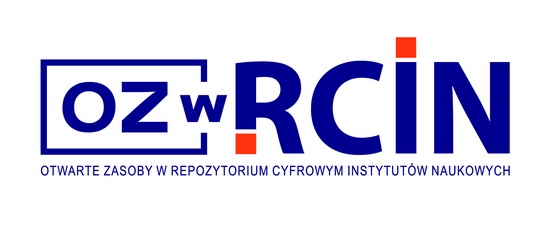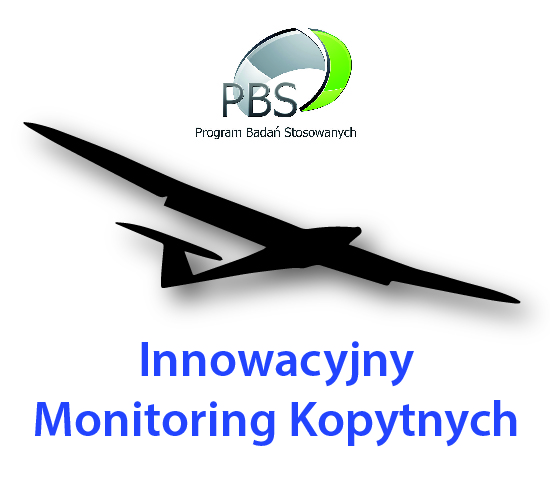PL: Filogeneza i biogeografia biedronek z rodzaju Rhyzobius - badania na podstawie analizy danych molekularnych, morfologicznych oraz kopalnych.
EN: Phylogeny and biogeography of the ladybird beetles genus Rhyzobius - an integrative approach based on molecular, morphological and fossil data analysis.
We are looking for a highly motivated PhD student to participate in the project: “Phylogeny and biogeography of the ladybird beetles genus Rhyzobius - an integrative approach based on molecular, morphological and fossil data analysis”. The project will be carried out at the Museum and Institute of Zoology, Polish Academy of Sciences in Warsaw (Poland) under the supervision of dr hab. Karol Szawaryn. The project is financed by the National Science Centre, which ensures a PhD student with a monthly tax-free research stipend of 5000 PLN for the first three years and 3654 PLN gross for the last, fourth year funded by a Doctoral School fellowship.
Project description: Ladybird beetles (Coccinellidae) are common and well-known insects, however, their classification is very challenging. Despite of many recent efforts based on both molecular and morphological dataset, only a moderate improvement has been made. Only the higher classification was proposed but phylogeny of numerous tribes is still unresolved. Only integrative approaches utilizing molecular, morphological and fossil data can help to propose a sound hypothesis about the evolution of ladybird beetles. One of the taxonomically most complex groups, and without any phylogenetic hypothesis is the tribe Coccidulini, which in some studies are recovered as basal part of the Coccinellidae evolutionary tree, in others constitute a crown group. Coccidulini are distributed worldwide but their greatest diversity is in southern hemisphere including Neotropics, southern Africa and Australia. The largest and most widely distributed Coccidulini genus is Rhyzobius, which was taxonomically revised in 2010, however, the revision questioned its monophyly. The proposed project aims to reconstruct molecular phylogeny of the genus Rhyzobius with broad representation of other taxa of Coccidulini from the whole distribution range based on 5-8 molecular markers. The second part will be construction of the morphological matrix. The advantage of studying evolution of Rhyzobius is that we also have a fossil record which is preserved in Eocene ambers from Oise in France and Baltic amber. So the third source of the information will be investigation of fossil data. The final results will be obtained based on integration of all these sources of information to propose a sound hypothesis about phylogeny which will enable the study evolutionary trends and biogeography of the genus Rhyzobius and in some extend the tribe Coccidulini.
Requirements: Successful candidates should have a Master’s degree in Biology. The candidate should have an experience in the molecular lab work, basic experience in bioinformatics concerning the analysis of molecular data for phylogenetic purposes, and an experience with classic insect morphological analyses. Experience in working with beetles and interest in working with fossil specimens will be an advantage. The candidate should have very good communication skills in English, perseverance, commitment, and the ability to work in a team.
Work description: Successful candidate will be performing laboratory work (i.e. DNA extractions, PCRs), process and prepare raw sequences for the phylogenetic analyses, performance of phylogenetic analyses in various programs (e.g. IQ-Tree, MrBayes), perform morphological revisions at generic/species level, analyze fossil specimens from various amber sources and integrate them with morphological matrix of modern taxa, and use them for calibration of the molecular trees. The PhD student will be guided by members of our team (Wioletta Tomaszewska, Adam Ślipiński) and encouraged to develop her/his own ideas.
Application: Deadline for applications will be 7th of September 2022. The candidates are asked to contact Karol Szawaryn (Ten adres pocztowy jest chroniony przed spamowaniem. Aby go zobaczyć, konieczne jest włączenie w przeglądarce obsługi JavaScript.) attaching a single PDF file (with the email subject “Application for a PhD position”) with:
1) a cover letter describing the motivation and research experiences (max. 1 page);
2) CV;
3) copy of MSc certificate;
4) names and contact details of two references;
with the following statement provided at the end:
“I give my consent to the processing of personal data provided in my application documents by the Museum and Institute of Zoology PAS for the purpose of the recruitment process, pursuant to the Personal Data Protection Act of 10 May 2018 (Journal of Laws 2018, item 1000) and in agreement with Regulation (EU) 2016/679 of the European Parliament and of the Council of 27 April 2016 on the protection of natural persons with regard to the processing of personal data and on the free movement of such data, and repealing Directive 95/46/EC (General Data Protection Regulation; L 119 from 04.05.2016)”.
Selection:
1. Selected candidates will be contacted by e-mail to define a date for an interview which will take place at Museum and Institute of Zoology of Warsaw or by video call.
2. The successful candidate will take part in the exam of the BioPlanet Doctoral School (http://szkoladoktorska-bioplanet.pl/en/home/).
3. Starting date: 1st October 2022.









